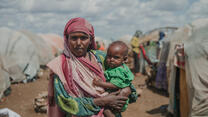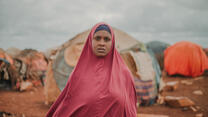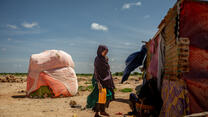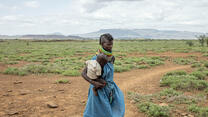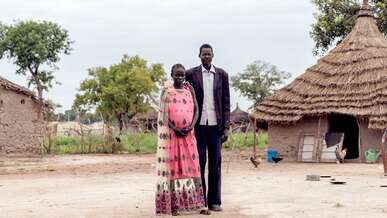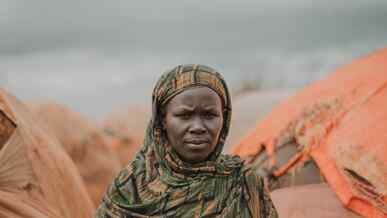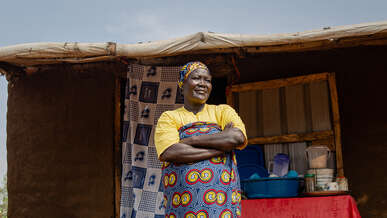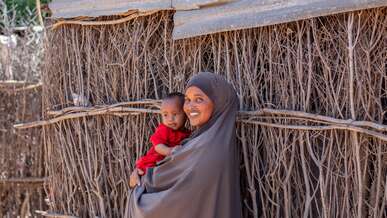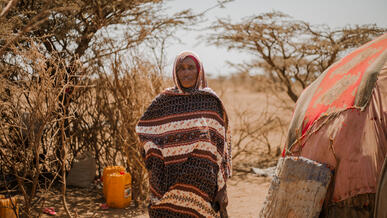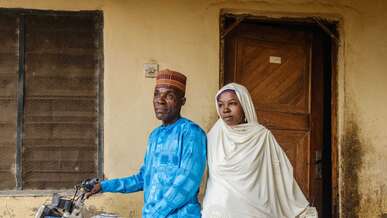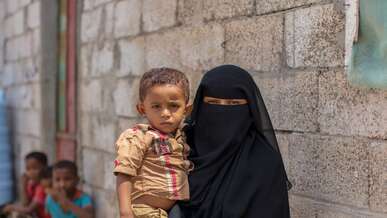More than 27 million people in South Sudan, Nigeria and Yemen are facing starvation and living on the brink of what could become the biggest humanitarian crisis of our time.
Famine is not a rhetorical or emotive term. It is a scientific classification based on evidence. A food crisis can only be called a 'famine' once certain criteria have been met, such as at least 30% of a country's children suffering from severe malnutrition.
Famines are not common. When a famine is declared it means people are already dying.
People in South Sudan,Nigeria and Yemen are on the brink of famine, or ‘severe food insecurity.’ Food insecurity means there is not enough affordable food for people to buy. It’s also unsafe for people to grow food, especially at times of conflict. This leads to hunger, malnutrition and possible starvation. According to the Integrated Food Security Phase Classification, millions of people are facing food insecurity in:
- Nigeria: 3.9 million. 62 percent are children.
- South Sudan: 5.4 million. Nearly 1.1 million children under the age of five are facing starvation.
- Yemen: 17.8 million. A child dies every 10 minutes from preventable diseases.
5 things you think you know about famine, and the actual facts
We are providing lifesaving health and nutrition services for children in the worst affected areas of South Sudan, treating severely malnourished babies at stabilization centers. The IRC has been one of the largest providers of aid in South Sudan for more than 25 years. Today, we reach more than 900,000 people across the country.
In Yemen, the IRC is providing health, nutrition, water and sanitation services to more than a quarter of a million people. We deliver essential medicine and supplies to hospitals that treat children facing starvation and other life-threatening conditions, including cholera and mobile health teams reach people living in remote mountainous regions.
In addition, the IRC has scaled up its emergency response in northeastern Nigeria to treat malnourished children and deploy mobile health teams to the most remote areas.
The international community must persist in trying to get help to those who need it. Donors should increase funding for the humanitarian response, and efforts must be made to shine a light on this underreported crisis.
In South Sudan, Yemen and other countries, ongoing conflict has led to severe hunger crises. Babies and children under five are hit the hardest. They will continue to die without your help. Donate now to help us save lives.


